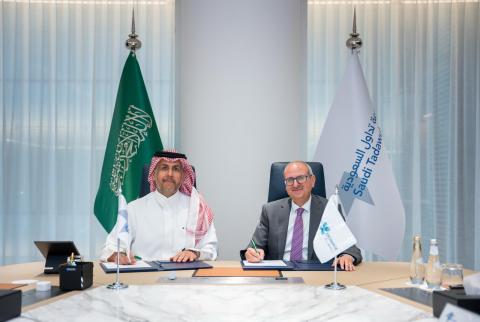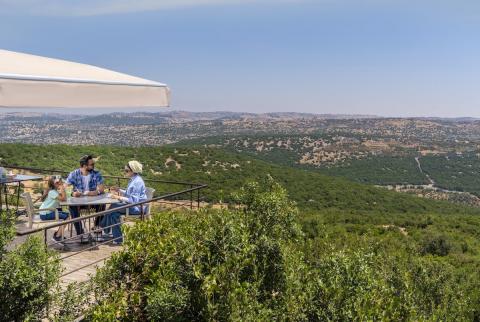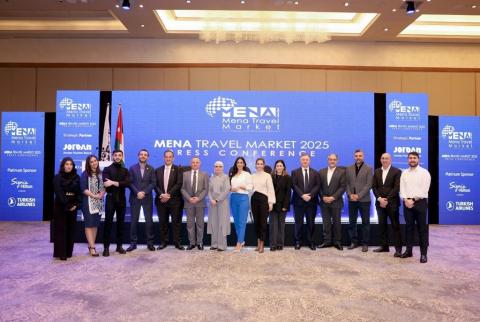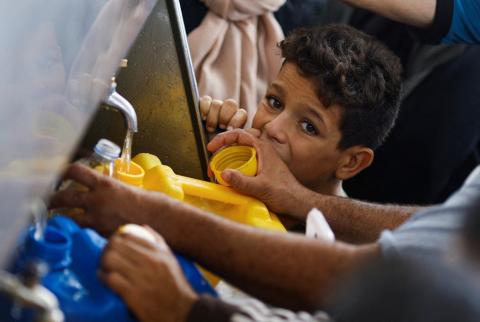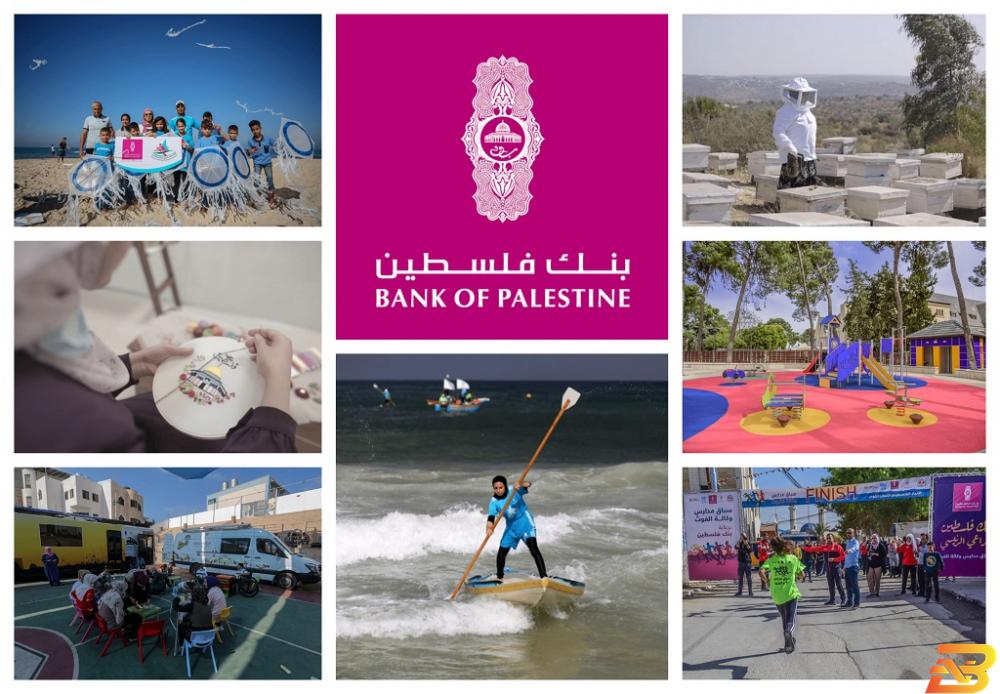
Ramallah-(BNEWS)- Palestine is endowed with great potential and human talent; however, it is also challenged by many constraints and social pressures. The occupation, among other factors, continues to be a main source of the many obstacles to socioeconomic development in Palestine. These challenges limit the ability of the Palestinian government to provide essential services in health, education, and social welfare. As such, the onus is on the Palestinian private sector to step in and respond to community needs in ways that complement the government’s role and fill huge socioeconomic gaps. However, we need an integrated approach to help achieve sustainable socioeconomic development in Palestine.
While Bank of Palestine’s (BoP) philanthropic giving and community support have accompanied the bank since its inception in 1960, it has been implementing an official inclusive program of corporate social responsibility for the past ten years. BoP has created this more integrated, systematic, and strategic program of community intervention to respond to the increasing socioeconomic needs of Palestinian society and as a natural consequence of the bank’s expanded footprint in the West Bank and Gaza Strip.
With a branch in every village, town, and locality, the bank has moved much closer to the communities and to the active grassroots organizations in these localities. We have started to engage more with people on the ground, which has led to understanding the real needs and discovering the marginalized segments of society. As a result, we realized that we must adopt a broad and all-encompassing program that would not only rely on financial contributions but also leverage the bank’s core competencies based on the knowledge of how to help empower these communities.
Our interventions have thus been focused on programs that utilize the bank’s core services to teach financial literacy and inclusion to women and rural communities, to support their self-development, and to provide them with the knowledge of how to become economically active. For this intervention, we created the Felestineya women’s program through which we provided financial-inclusion know-how to more than 12,000 women. This program is coupled with soft loans that target women who cannot provide banking collateral to ensure that they are included in the financial cycle.
"An integrated approach to corporate social responsibility will contribute significantly to socioeconomic development in Palestine."
This year, we are proud as well to have provided, in partnership with the Ministry of Labor and the Palestine Monetary Authority, interest-free and commission-free loans to people with disabilities. These loans will help empower people with special needs by providing them with a loan and a chance to become productive and included in society. Our focus on people with disabilities also stretched to our sponsorship of the Paralympics and to encouraging sports activities for this segment of society. Well-being is an important physical and psychological aspect of human development.
Regarding BoP’s financial contributions to various socioeconomic causes, we continue to dedicate 5 percent of the bank’s annual profit to the support of key social interventions. During the last two years, our interventions have been geared to mitigating both the health and economic impacts of COVID-19 on the Palestinian community. We donated US$1 million to the Ministry of Health to purchase essential medical equipment and a fleet of cars to provide home care to the elderly and the very sick. We also provided direct support to the East Jerusalem hospitals that remain under dire financial stress while providing critical medical services to patients from Gaza Strip and the West Bank.
Responding to a health crisis such as COVID-19 was important, but the bank’s engagement in health-related issues includes the important aspect of prevention through awareness-raising programs. We launched a massive campaign at the onset of the pandemic with the WHO, UNICEF, the Palestine International Cooperation Agency PICA, and the Palestinian Ministry of Health. Yet while COVID-19 is a major health issue that plagues our lives today, there are many other health concerns that remain among the primary causes of death in Palestine, including breast cancer and diabetes. For the last nine years, we have led efforts to shed light through media campaigns on the importance of early detection of breast cancer among women, and to raise awareness of diabetes among the more susceptible segments of Palestinian society. In fact, in partnership with Paltel Group Foundation, BoP created the first Development Impact Bond to help prevent type II diabetes among refugee women through a program that teaches the principles of a healthy diet and the importance of exercise. This bond will help alleviate the stress on the insulin treatment budget of UNRWA, which amounts to 20 percent of its total health budget. Impact investment is an essential part of this integrated approach.
The bank also donated another US$1 million to the ministries of labor and social development to support Palestinian laborers who were out of a job and needy families whose conditions were exacerbated by COVID-19. The pandemic revealed the fragility of our economy and the need for long-term interventions.
We are aware that our financial interventions will not respond to all the prevailing needs, especially financial needs. For this reason, we are also working with partners to create economic empowerment programs, using the bank’s competencies and core services to equip marginalized people with the skills, know-how, and financial literacy to become economically active and less dependent on aid.
Our programs also focus on youth entrepreneurship. Entrepreneurs create jobs not only for themselves but also for their peers. We are working with the Global Shapers Community of the World Economic Forum, providing meeting spaces at bank facilities in the various West Bank towns, to help grow the footprint of the shapers communities and augment their impact on the ground. The bank has furthermore created Intersect, a not-for-profit innovation hub, to help incubate start-ups for free in order to help create new start-ups in fintech, cyber security, and social entrepreneurship, with the aim of creating more self-employed youth in the local market. We need more start-ups and more entrepreneurs to help solve the 50 percent unemployment rate among youth. These young people are creative and resilient. In addition to needing early-stage investment, they need mentorship, guidance, and, frequently, free office space and a network from which they can operate in order to become mature and ready for investments. In terms of an integrated approach, the bank has continued to engage in a full cycle, creating the pipeline needed in this ecosystem. We are anchor investors in Ibtikar Innovation Fund, providing early-stage investment in start-ups that graduate from Intersect and other incubators in Palestine.
This full-cycle intervention is what Palestinian society needs. The bank does not provide financial resources alone, but rather expertise, education, training, and mentorship – and all of this is in partnership with reputable and competent partners in their fields. This is integrated corporate social responsibility, a step forward towards full-cycle sustainability.


